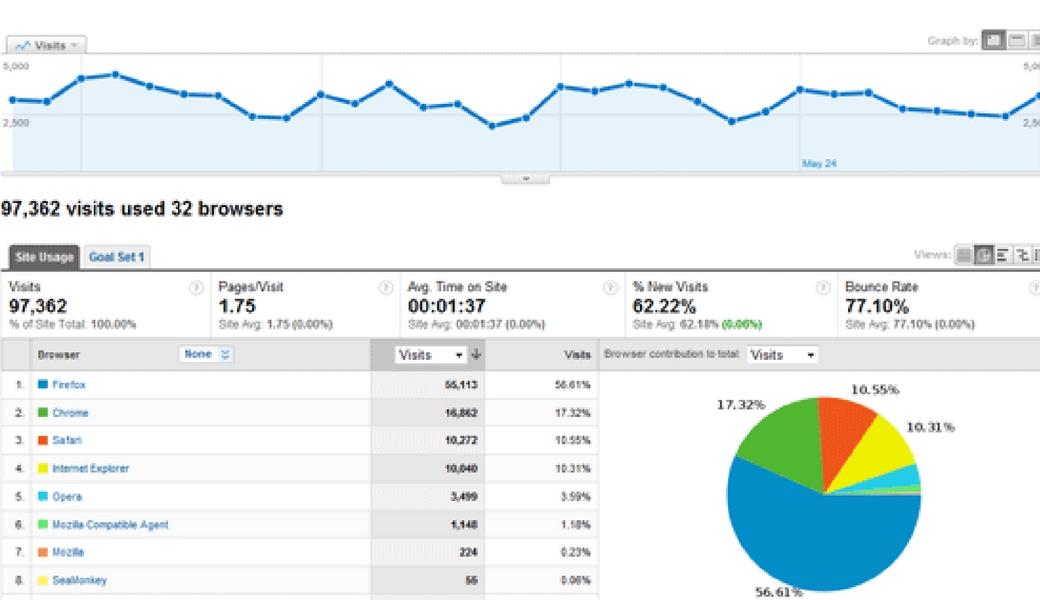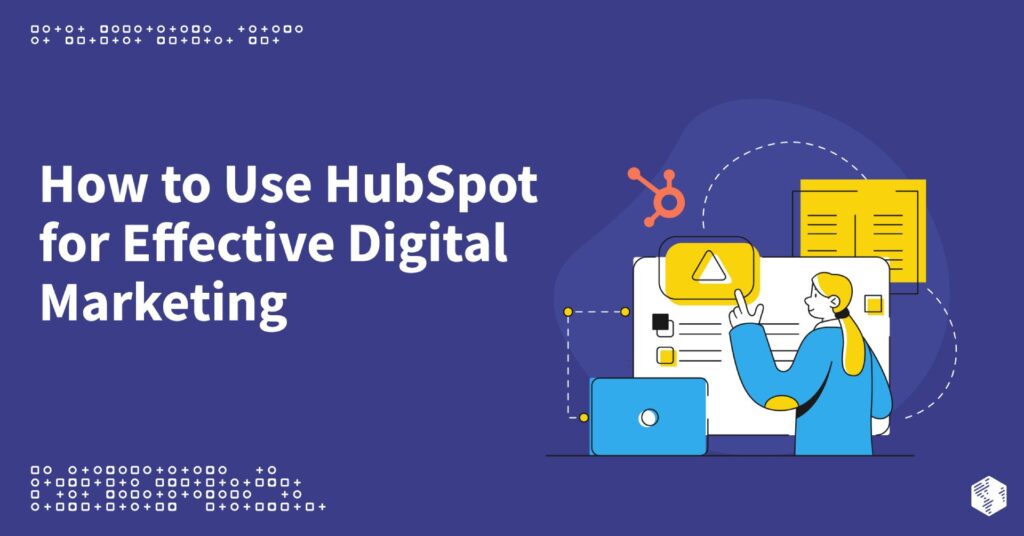If you’re a business leader, chances are you realize the importance of analyzing your website’s analytics data. You keep an eye on essentials such as how many people visit your site, what sources and keywords draw them in,which pages they land on, and how long they stay, but at that level, you’re just scratching the surface and your competitors may know it.Learning more about the available data and how to leverage the information will help ensure you stay in tune with your audience and ahead of the competition.
Attain Access to All Metrics
When your site data is comprised of many different charts, it’s essential to make sure you’ve got all of the details you need in order to be getting the most accurate picture. If you’re not getting all of the data that’s out there about your site(s), you could be missing information that could be the difference in making huge mistakes. For example, if you think that something you sell is universally not doing well, having access to detailed maps of sales charts will show you where you should pull the product and where you should keep it. If you were to pull the product from all areas, you could miss out on profits where the product was selling well, not to mention upset those customers who were buying.
Follow Up-to-the-Minute Data
So many business owners are used to looking at monthly or even quarterly reports of business performance. This is problematic, since a lot of things can change from day to day, let along from quarter to quarter. You could be using severely outdated information when planning your marketing strategy. In order to plan the smartest marketing, you should be using data that’s as new as possible. Along with being able to monitor things more closely, you’ll spend less time catching up with the data if you check it quickly once a day instead of once every month and you’ll be able to make decisions sooner.
Set Company-Wide Guidelines
In order to effectively plan campaigns, it’s ideal to have clear definitions of what certain things are—for example, the marketing department might define leads as anyone who visits on the website and provides contact information, while the business’ owner might define a lead as someone who has interacted directly with the sales team. It’s absolutely necessary to have clear definitions of what these things are in the realm of your company, so that you can more efficiently plan how to market your business. Knowing what certain data means will give you a clearer picture of what your analytics are telling you.
Share Honest Information Internally
Finally, sharing information about the data within company departments is mandatory. If each department keeps their data under lock and key, no one can work together to plan what to do next with the marketing campaigns. Sharing information and being 100% transparent with it can help uncover the answers to important questions like which leads convert to customers, what the average cost per lead source is, which leads have the highest customer lifetime value, and which clients are the least expensive to attain and maintain.
Monitoring analytics to the point of knowing exactly what is going on, anytime and anywhere, is key to making sure your marketing efforts are paying off.































